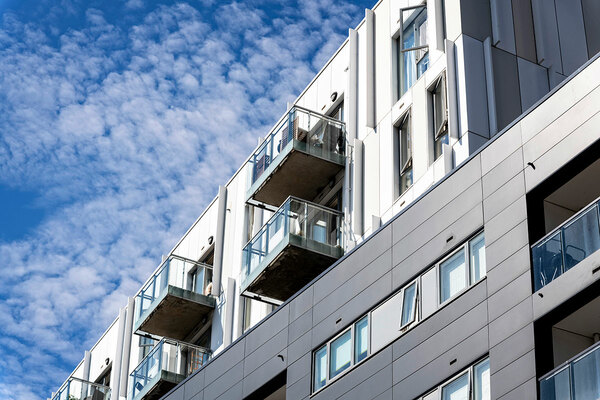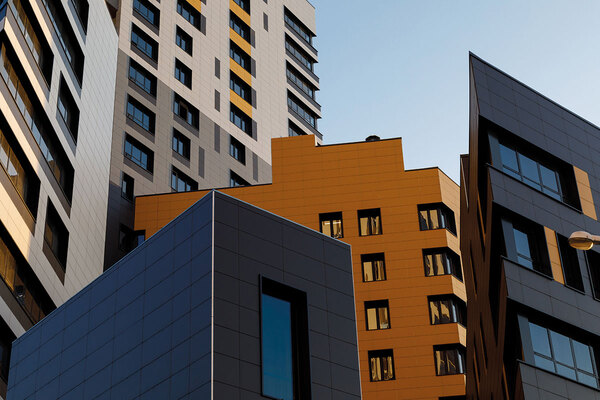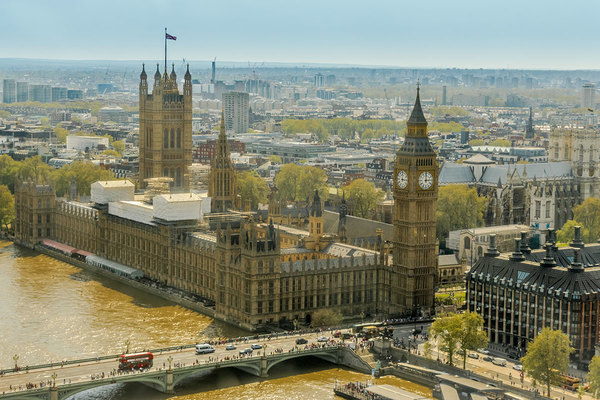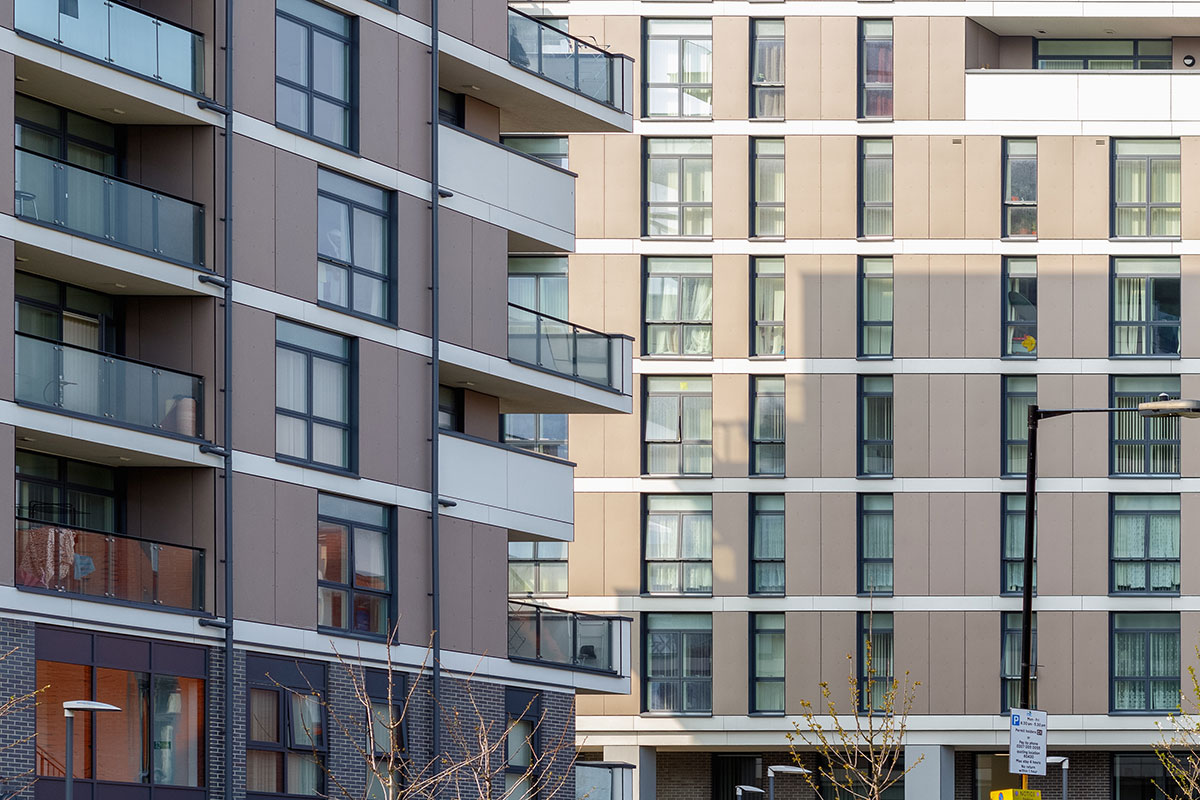Minister says Building Safety Bill ‘cannot resolve’ leaseholder costs issue despite previous government promises
The newly published Building Safety Bill “cannot resolve” the issue of leaseholders facing huge costs for historic fire safety defects, a minister has said, directly contradicting previous government promises on the matter.

Speaking at the Local Government Association annual conference today, building safety minister Lord Greenhalgh said that while leaseholders are facing “very big bills” for “seriously shoddy work”, the Building Safety Bill is not the right mechanism to address it in full.
The comments will infuriate leaseholders and campaigners who have previously been told by Lord Greenhalgh and colleagues that the new bill would be an opportunity to fix some of the issues.
Labour said Mr Greenhalgh’s remarks today would make affected residents “see red”.
Introduced to parliament yesterday and touted as the biggest change to the building safety regime in a generation, the Building Safety Bill is intended to solve the systemic issues that led to the Grenfell Tower fire.
It places additional duties on building owners to explore alternative cost recovery routes before charging leaseholders for remediation work but stops short of fully protecting them from costs.
Despite government making £5.1bn in funding available, thousands of flatowners across the country are still facing life-changing bills to fix safety issues with their buildings, especially cladding-related problems.
Speaking today, Lord Greenhalgh said: “We do recognise that there are costs that fall outside the scope of our intervention, but we’re targeting our interventions on buildings that are the highest risk because high-rise buildings present that, and also focusing on the cladding which accelerates the spread of fire.
“And we’ve seen a massive increase in the amount of funding. When I became minister last year we’d only committed £600m and that figure has gone first to £1.6bn and now to £5.1bn.
“But we do recognise that, you know, leaseholders are facing very, very big bills for some seriously shoddy workmanship but it’s not really the Building Safety Bill that can resolve some of those points, but we’ve done our best to strengthen the ability for leaseholders to have access to redress in the bill.”
The minister’s comments fly in the face of remarks he and his colleagues have previously made on the issue.
Rebel Conservative MPs had previously tried unsuccessfully to insert an amendment into the separate Fire Safety Bill to prevent costs being passed on to leaseholders, with the government voting against the change on five occasions.
During one parliamentary debate on the amendment in February, policing minister Kit Malthouse said the Fire Safety Bill was “not the correct place for remediation costs to be addressed” and that the Building Safety Bill would be "the appropriate legislative mechanism for addressing these issues”.
In a letter to peers a month later, Lord Greenhalgh repeated this, saying the Building Safety Bill would be “the correct legislative approach” to preventing leaseholders from having to bear remediation costs.
As part of the Building Safety Bill, the government intends to extend the period in which leaseholders can sue for sub-standard construction work, but experts have said this will not help many facing large costs.
The National Housing Federation has already warned that some social landlords will still have to charge leaseholders for remediation costs despite Building Safety Bill provisions.
Lord Greenhalgh also told the conference today that there will be “more details in September” on how the promised loan scheme for leaseholders facing remediation costs in buildings shorter than 18m will work in practice.
Reacting to Mr Greenhalgh’s comments today, shadow housing secretary Lucy Powell said: “Innocent leaseholders already feel that they are banging their head against a brick wall, trapped in unsafe, unsellable homes and facing huge remediation costs for works that are not their fault.
“These comments will make them – and the many MPs of all political parties who champion their cause – see red.
“Through the passage of the Fire Safety Bill, we were told that the Building Safety Bill would safeguard leaseholders from remediation costs, yet the bill as drafted puts them at the mercy of building owners, forcing homeowners to pay.”
Sign up for our fire safety newsletter
Already have an account? Click here to manage your newsletters













